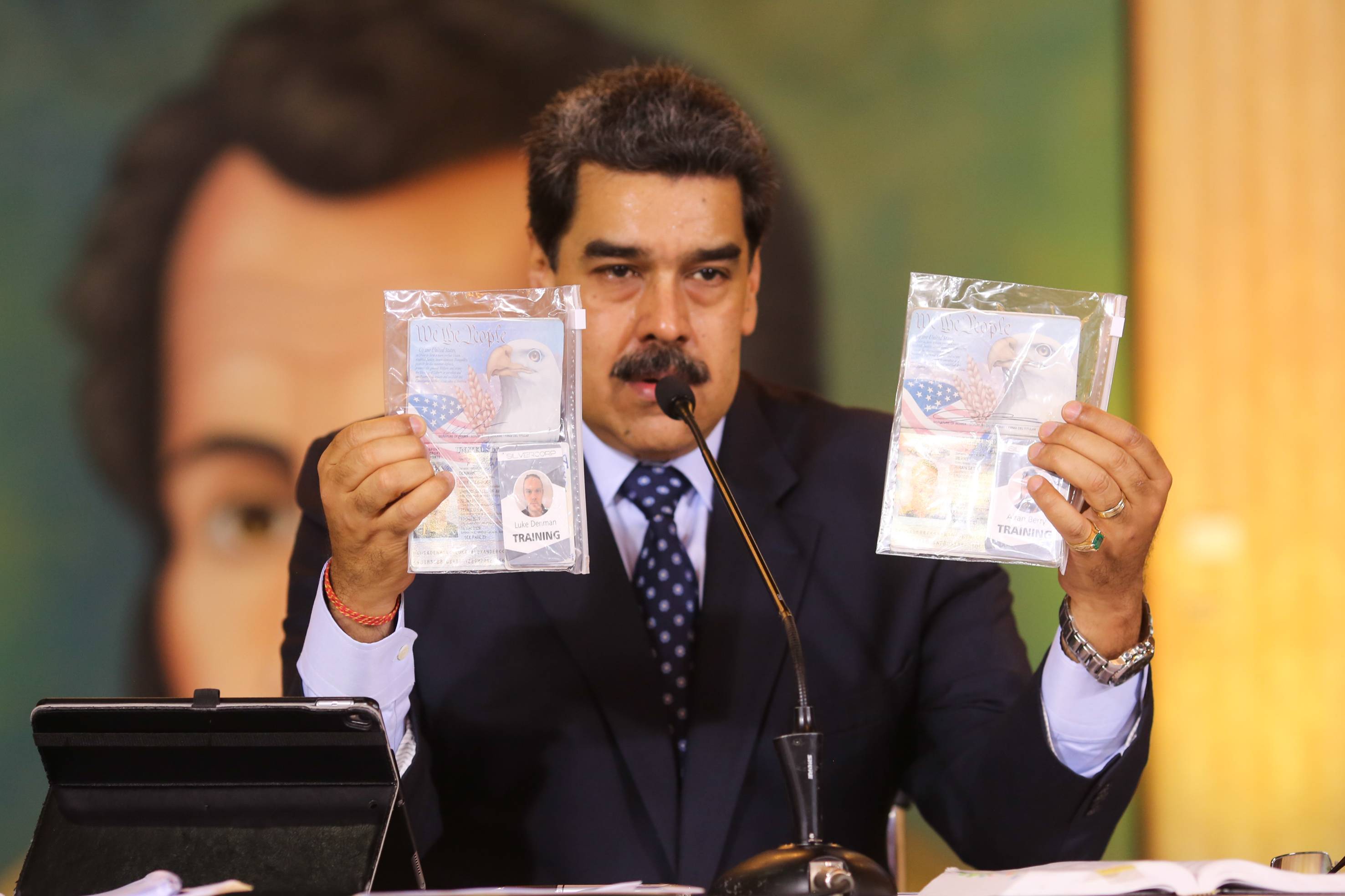By all accounts, the U.S. government was not involved in the failed plot this month to overthrow President Nicolas Maduro in Venezuela. One would hope that the Central Intelligence Agency could do better than a farcical scheme that was disowned by the Venezuelan opposition, penetrated by regime security forces and disrupted as soon as it began.
Yet this trivial episode invites us to think seriously about the role of covert intervention and regime change in U.S. policy. Just as the United States sought to undermine or topple unfriendly regimes during the Cold War, it may look to such methods again in its increasingly heated rivalry with China. Caution will be necessary: History tells us that while covert intervention can sometimes be a cost-effective tool of competition, it is fraught with risks and profound moral trade-offs.
Covert action came of age during the Cold War. In the late 1940s, when the CIA and National Security Council were born, the U.S. began developing a global capability for intervention under the cloak of secrecy. Over the succeeding decades, it would seek to destabilize or replace numerous governments that were slipping into the Soviet sphere or softening up their countries for communist influence.

















With your current subscription plan you can comment on stories. However, before writing your first comment, please create a display name in the Profile section of your subscriber account page.